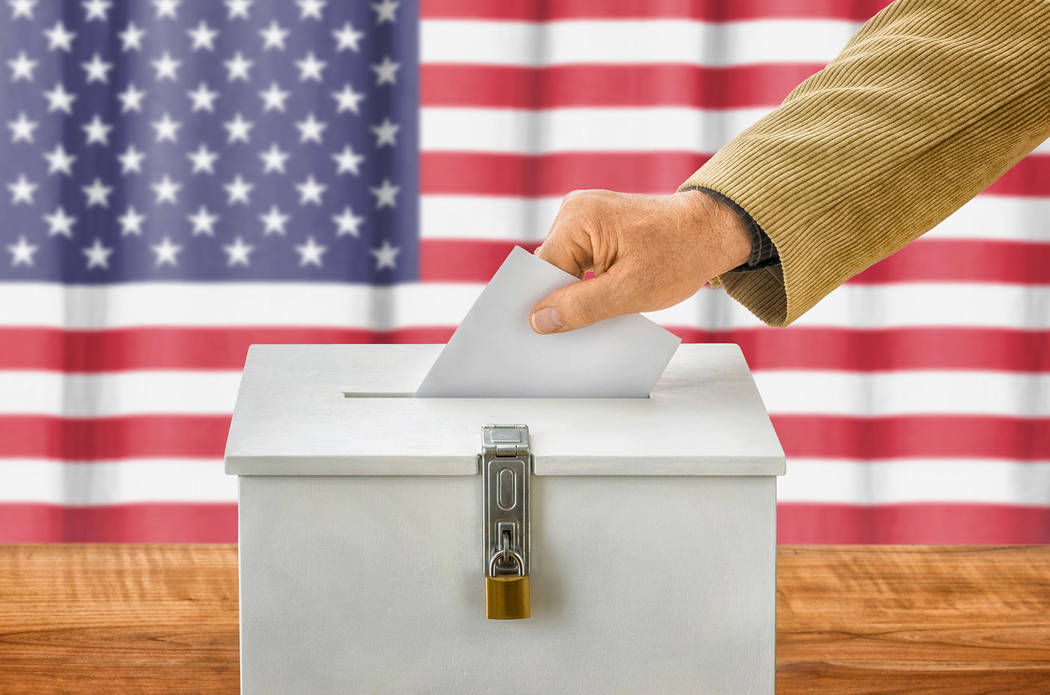Thomas Knapp on elections: more than half of Americans believe fairy tales are real
According to a new poll conducted by Ipsos in partnership with the University of Virginia Center for Politics, 51 percent of respondents agree (15 percent “strongly” and 36 percent “somewhat”) with the statement “American elections are fair and open.”
The Ipsos headline characterizes that percentage as “only half.” That’s akin to noting that “only half” of Americans believe the Earth is a flat disc of provolone cheese, balanced atop the fingertips of seven celestial belly dancers. “Only” half?
Republicans, males, people over 55, people making more than $50,000 a year, and whites are more likely to believe this bizarre claim than Democrats, females, younger voters, the under-$50k crowd, and non-whites, but even among the latter buy-in is disturbingly high.
That over-55 demographic is plenty old enough to remember that after Ross Perot made it onto the presidential debate stage in 1992 (as an independent) and 1996 (as the Reform Party’s nominee), the Commission on Presidential Debates added a 15 percent polling bar to its rules to ensure that only Republicans and Democrats need apply.
Every four years, the CPD — established after the National Commission on Elections recommended “[t]urning over the sponsorship of presidential debates to the two major parties” — makes millions in illegal in-kind campaign contributions to Republican and Democratic presidential and vice-presidential candidates, and no others, in the form of joint campaign commercials falsely advertised as “debates.”
Most disturbing: 49 percent of self-described “independent” voters — voters deprived of choice by a tangled web of ballot access laws expressly designed to keep third party and independent candidates off the ballot and campaign finance laws that keep them marginalized if they get over those ballot access hurdles — still believe in the Fair and Open Election Fairy.
American elections started becoming less fair and less open in the late 19th century when state governments started printing “Australian” ballots and controlling access to those ballots. Before that, American voters hand-wrote their ballots, orally dictated their ballots to election officials if they couldn’t write, or used pre-printed ballots provided to them by their parties or candidates of choice.
While movements for more fair and more open elections have made some advances since then — for example, constitutional amendment to provide for female suffrage, and partial gains versus attempts to suppress the African-American vote — we’ve still got a long way to go.
As champions of addiction recovery like to say, the first step is admitting we have a problem. Fairies aren’t real. And American elections aren’t fair and open. Yet.
Thomas L. Knapp (Twitter: @thomaslknapp) is director and senior news analyst at the William Lloyd Garrison Center for Libertarian Advocacy Journalism (thegarrisoncenter.org). He lives and works in north-central Florida.











